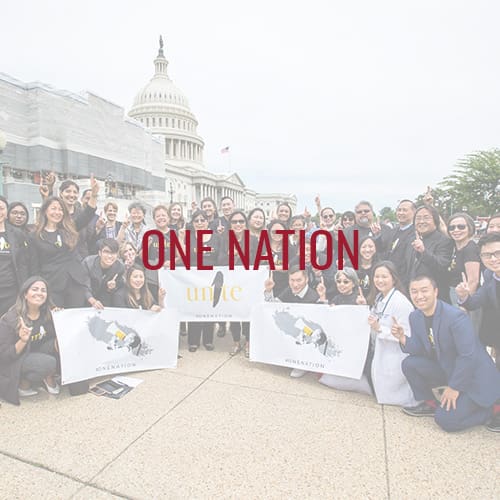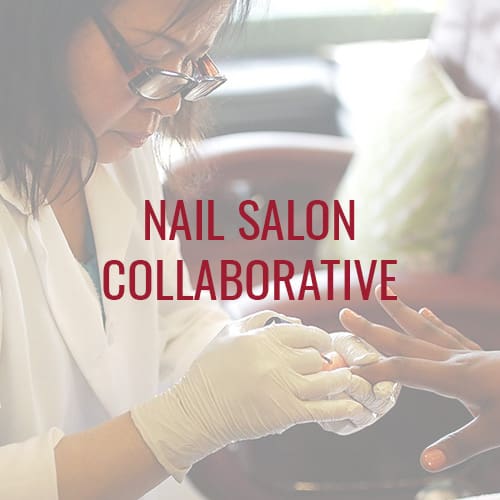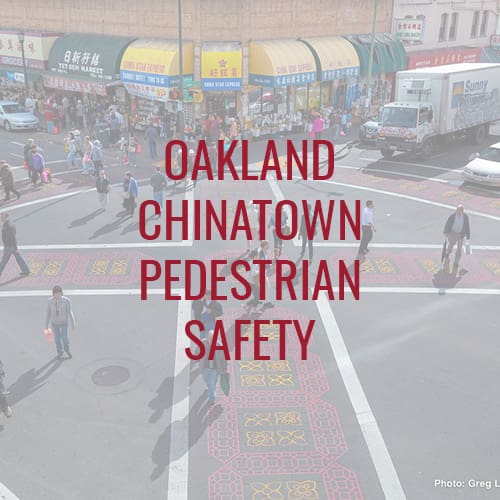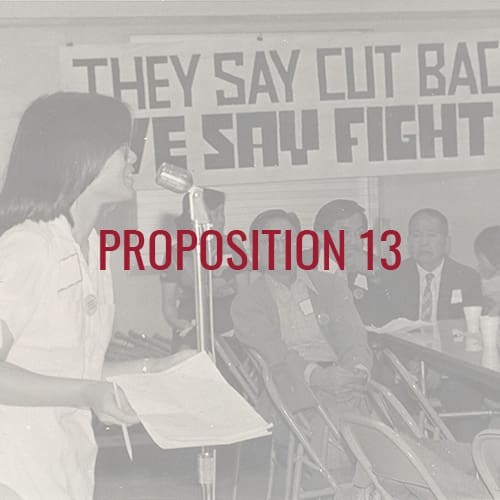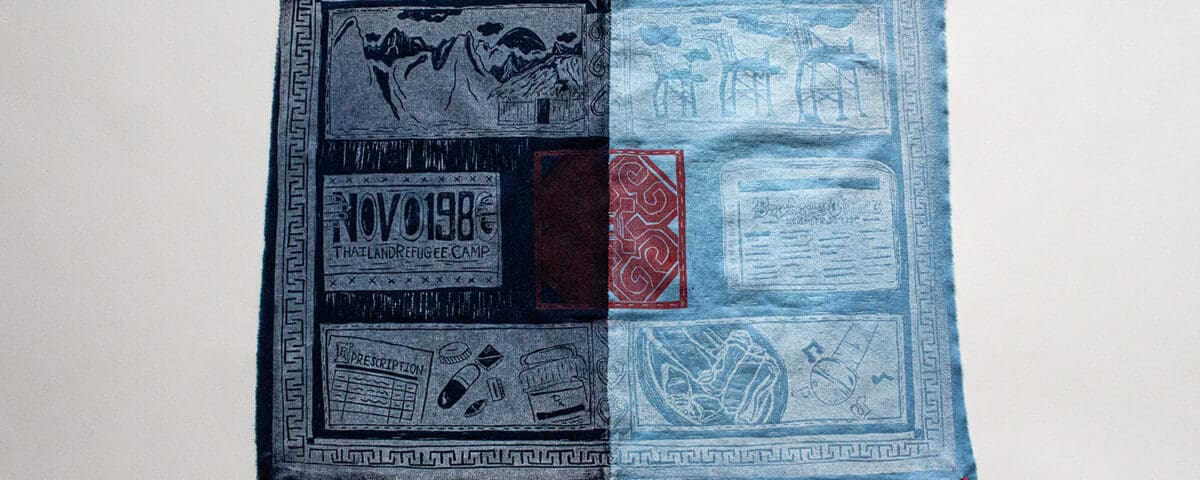
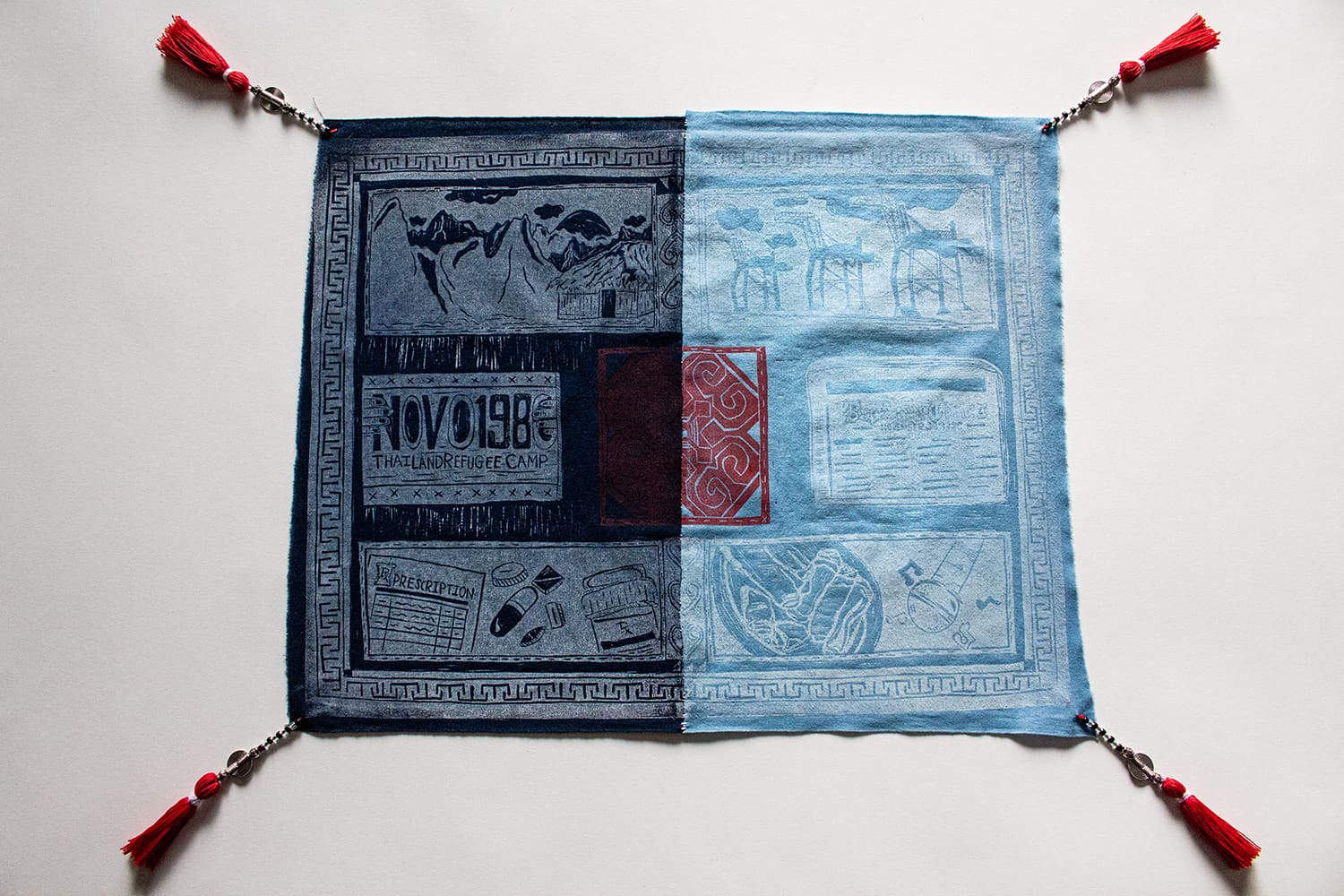
Farm
Farm is a Mien woman whose journey spans three countries: Laos, Thailand, and the United States. She and her husband arrived to Oakland in 1980, overcoming linguistic, cultural, and financial struggles to build a new life and raise a family
ROOTS & BEGINNINGS
Interviewer: Tell me about where you came from?
Farm: I grew up in Laos, but because the communists took over, we moved to Thailand. We lived a camp for close to five years. I married in Thailand, then we came to Oakland, and we will stay in Oakland for our lifetimes. We will not go anywhere else.
Interviewer: What was it like growing up in Thailand?
Farm: In Thailand, we everybody move. Many people moved to the camps, yeah. Then we don’t know how to go. We just stay in the camp. The one president that just died a little while ago, James Carter–he is why people come here. Then everybody, you know, that’s when everybody, Mien people, came.
Interviewer: You said you came here in 1980. What was your experience coming here? Did you come by airplane?
Farm: You know, not difficult, but we didn’t know that after we came here, later they give me the bill, or you have to pay them back, each person. I think so more than $300 that we have to keep paying. Yeah, that time we didn’t know, and later they sent me the bill. Oh, some people, they pay a lot. You know, one person, they pay more. We pay only more than $300 per person.
Interviewer: What was your experience when you moved to Oakland? Were you culture shocked? Was there anything surprising?
Farm: Oh, because I stay with my brother-in-law. He had a small house. My brother and my husband also had an uncle—we all lived in the same house. Then, later on, in 1981, we moved to East 13th Avenue. Still, my uncle, my brother-in-law, two brother-in-laws, and my mother-in-law—everyone stayed together at that time.
Farm: We shared a room and lived there for seven years. Then we moved to College Avenue. I only moved to four houses in the United States.
Farm: So, I lived seven years on 13th Avenue, then another seven years on College Avenue. After that, I moved near the New Oakland Pharmacy. I lived there probably 15 years. Then, in October 2008, I moved to the house I live in now. We bought this house.
LIFE IN THE US
Interviewer: Is there any time when you moved to the United States where you didn’t feel at home?
Farm: I know English, just a little bit, only tiny. In 1984 I started working. Taking care of babies. Then that time, you know my English so low that I, you know, even shadow, I cannot say. I said, “How do you say this?” They tell me it’s your shadow. I went to in training, in sewing machine, in a Berkeley, yeah? And on the Solano Avenue, yeah, I went there sewing,
Interviewer: And you learned how to sew?
Farm: I learned how to sew on the small machine, it’s not big machine, and how to make the, you know, then you know, number, you know, adding time, anything reading that I take some adult evening school on the East 14th on the Eighth Avenue.
Interviewer: Was it difficult in those first couple of years when you when your English was limited?
Farm: Yeah, it’s very, very, very difficult.
Interviewer: You said that you still currently live in Oakland, yeah. Have you ever thought about moving anywhere else Portland?
Farm: No, no, my family live in Portland but I don’t want to.
Interviewer: So what made you decide Oakland is where I want to stay.
Farm: I want to stay. I don’t want to move. Never, no, I want, I want family far away. Then we can go visit because we have nowhere to go. They can come here. They come visit me. I went there. I go visit. I will visit them. It’s good.
Interviewer: What makes it that you want Oakland to be your forever home? Is there any reason do you like it? Do you like the weather?
Farm: Oh, first I like the weather. Neighborhood is, you know, not too bad, but it’s okay. Yeah, my neighborhood is okay, yeah. We, we like each other, yeah. All friendly.
ASIAN HEALTH SERVICES
Interviewer: How has Asian Health Services helped you with good health or your healing process?
Farm: Oh, they have, they take care me. They have find what kind disease I have. They give me, you know, medication for help that kind of, you know, for what kind of disease I have. Dr. Macy Lieu sent me out to another doctor and to the eye doctor. And you know they really good help.
Interviewer: In what ways has Asian Health Services supported you and your family?
Farm: Before they go to another doctor. Then they moved to the Asian Health Services too.
Interviewer: How has it been being able to receive care in Iu Mien? What was it like before, using a Mien interpreter?
Farm: Yeah, before they help now, You know, now they don’t need to.
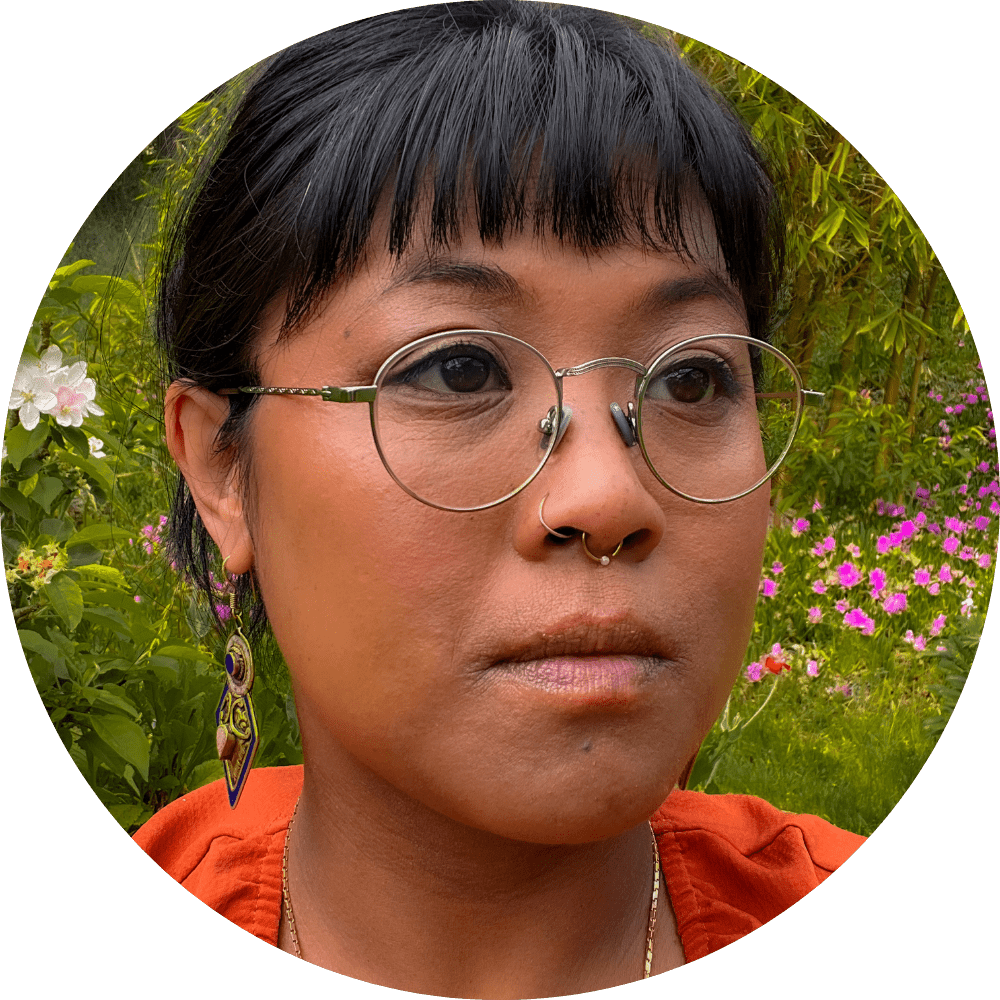
Asia Saechao
Asia Saechao is a queer descendent of indigenous Khmu and Iu Mien refugees, interdisciplinary artist, and cultural worker.

